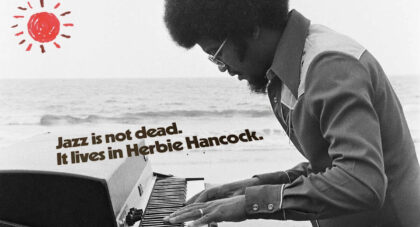When the four members of the New Jersey-based band The Wrens set to work on the follow-up to their 2003 record, the critically-lauded The Meadowlands, Wrens guitarist and vocalist Charles Bissell promised himself things were going to be different. This is that story . . .
Only the good shit. Aquarium Drunkard is powered by its patrons. Keep the servers humming and help us continue doing it by pledging your support.
To continue reading, become a member or log in.


